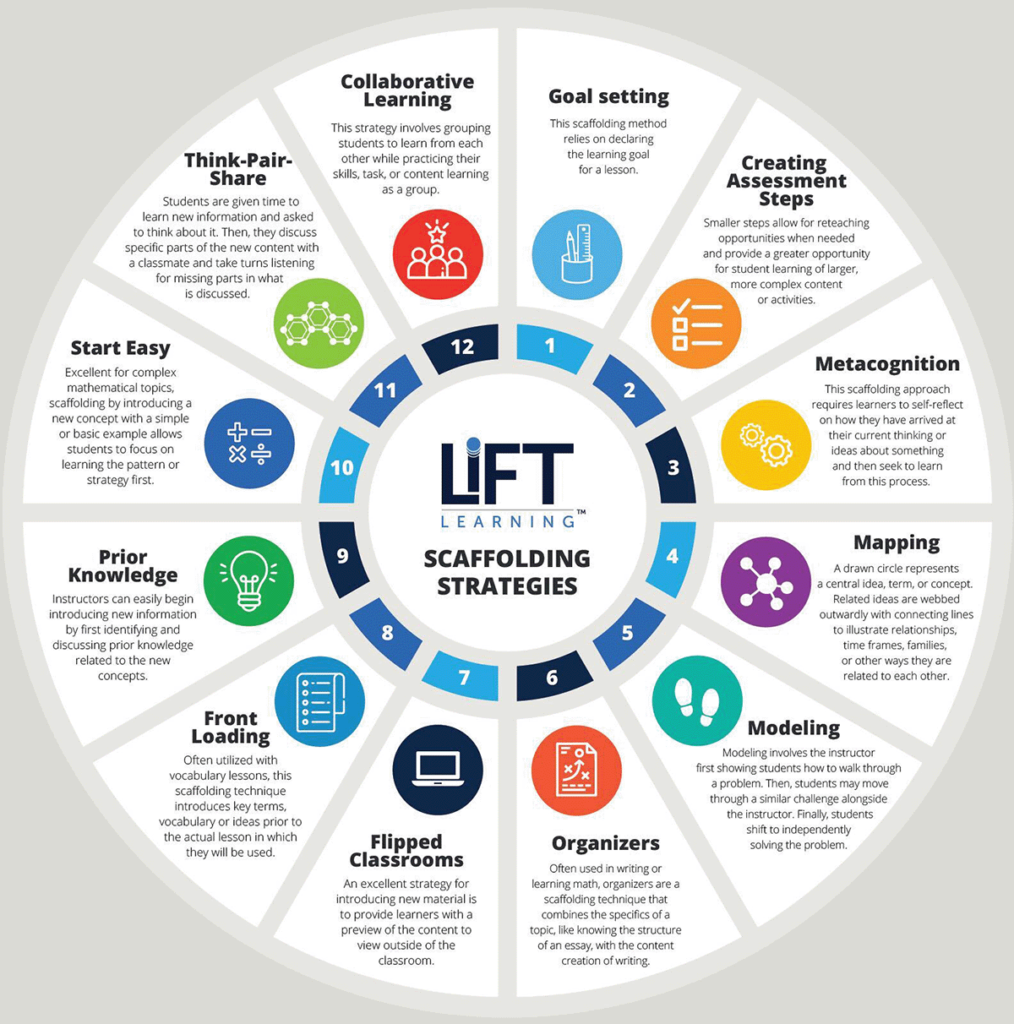<script async src="https://pagead2.googlesyndication.com/pagead/js/adsbygoogle.js?client=ca-pub-1984361322124008"
crossorigin="anonymous"></script>
Education is the process of facilitating learning, or the acquisition of knowledge, skills, values, beliefs, and habits. It can take place in formal or informal settings and any experience that has a formative effect on the way one thinks, feels, or acts may be considered educational. The definition of education is not limited to achieving academic qualifications, but also encompasses the broader development of a person's abilities and potential.
Education plays a vital role in society, both for individuals and for the collective. It is essential for personal development and fulfillment, as well as for economic and social progress. Education can help people to develop their critical thinking skills, problem-solving abilities, and creativity. It can also help them to become more informed citizens and to participate more effectively in society.
There are many different types of education, each with its own focus and goals. Formal education is typically provided in schools, colleges, and universities. It is structured and sequential, and leads to the award of qualifications. Informal education takes place outside of formal settings, such as in the home, at work, or in the community. It can be planned or unplanned, and does not usually lead to formal qualifications.
Education can be divided into different stages, such as primary, secondary, and tertiary education. Primary education is the foundation of all education and provides children with the basic skills they need to learn. Secondary education builds on the foundation of primary education and prepares students for further education or employment. Tertiary education is the highest level of education and leads to the award of degrees or other qualifications.
Education is a lifelong process and there is always something new to learn. It is important to be open to new ideas and experiences, and to be willing to challenge yourself. Education can help you to achieve your full potential and to make a positive contribution to society.
Here are some of the benefits of education:
- Education can help you to develop your critical thinking skills and problem-solving abilities.
- Education can help you to become more informed citizens and to participate more effectively in society.
- Education can help you to develop your creativity and innovation.
- Education can help you to improve your communication and interpersonal skills.
- Education can help you to become more adaptable and resilient in the face of change.
- Education can help you to achieve your personal and professional goals.
Education is a valuable investment in your future. It can help you to live a more fulfilling and successful life.






Social Plugin